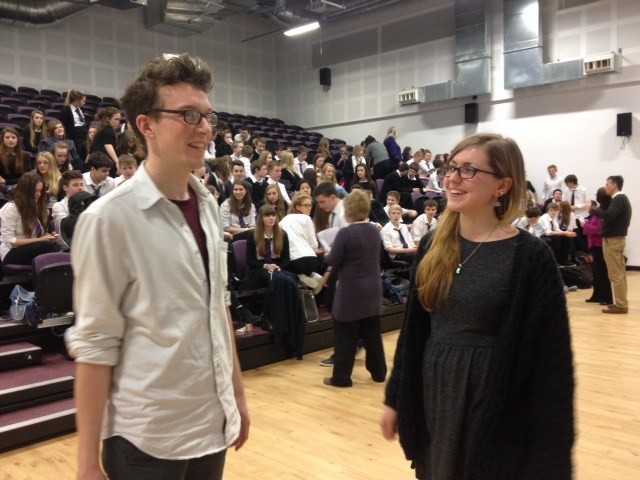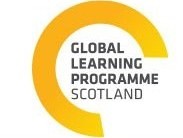 GTC Scotland registered practitioners from Aberdeen City Council, Aberdeenshire Council, Highland Council and Stirling Council are invited to apply for Global Learning Partnerships 2017.
GTC Scotland registered practitioners from Aberdeen City Council, Aberdeenshire Council, Highland Council and Stirling Council are invited to apply for Global Learning Partnerships 2017.
WHAT IS IT?
- 35 days of CLPL delivered over an 18 month period. Global Learning Partnerships (GLP) provides participants with the opportunity to spend four weeks, over the Scottish summer holidays, living in host communities in rural Rwanda and Western Uganda. During this time, participants will work alongside local educationalists and teachers, developing their teaching methodologies and improving the provision of education within host schools.
- In addition to the four weeks in-country, participants will attend two pre-departure training weekends (March / June 2017) and a post placement debrief (October 2017)
- GLP is accredited by GTC Scotland in Global Education within Learning for Sustainability.
HOW MUCH DOES IT COST?
- The programme costs on average £3,600 per person. Participants are asked to fundraise £1,250 towards this cost. The remainder of programme funding is met by The Wood Foundation and local authority partners.
- Costs include: all pre-departure training (accommodation and sustenance), placement costs (flights, living allowance, accommodation overseas, in-country orientation, mid-phase review and in-country support costs), and debrief (training provision, accommodation and sustenance).
WHO DELIVERS THE PROGRAMME?
- Developed by The Wood Foundation, GLP is currently delivered in Scotland in partnership with Aberdeen City Council, Aberdeenshire Council, Highland Council, and Stirling Council.
- In Rwanda, the programme is developed and delivered alongside Inspire Empower Educate Rwanda and The Lotic Group. In Uganda, The Wood Foundation will work in partnership with Redearth Uganda.
HOW DO I APPLY?
- Applications are open to permanent, GTC Scotland registered practitioners who work for one of our partner local authorities.
- Application forms are available by contacting Kelly Work (Kelly.work@thewoodfoundation.org.uk), or by contacting your local authority champion (Fiona Saunders – Aberdeen City; Christine McLennan – Aberdeenshire; Christine Gordon – Highland; and Helen Winton – Stirling).
- Applications will be accepted from now until 5pm on Friday 6th January 2017.
See flyer below:
download-the-global-learning-partnership-flyer










 Scottish teachers are able to benefit from a wide range of free resources produced by charities and NGOs to support global citizenship education and learning for sustainability. The
Scottish teachers are able to benefit from a wide range of free resources produced by charities and NGOs to support global citizenship education and learning for sustainability. The 